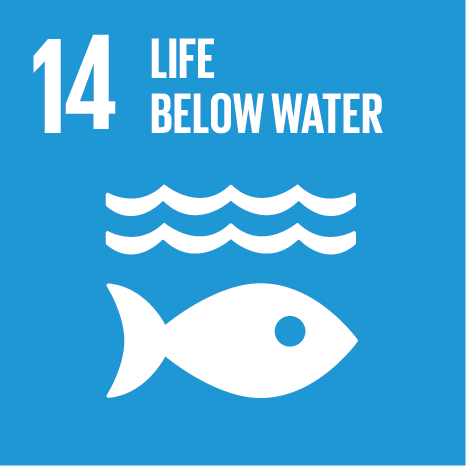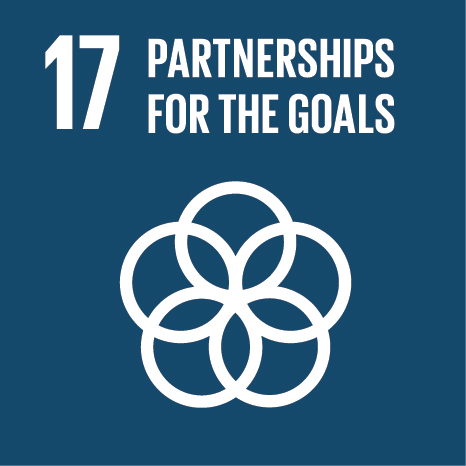Arctic Security: A Global Challenge
Event Title
8th Lisbon International Arctic Conference and Workshop
Year (definitive publication)
2019
Language
English
Country
Portugal
More Information
Web of Science®
This publication is not indexed in Web of Science®
Scopus
This publication is not indexed in Scopus
Google Scholar
This publication is not indexed in Google Scholar
This publication is not indexed in Overton
Abstract
Arctic security is a main security challenge – a global one, not only a regional one – not only for the Arctic countries, but for the whole international community, first of all the European. With Russia and China expanding their role in the area, and the difficulty of finding an undisputed governance on maritime routes and economic exploitation of resources, there is the risk of militarization of the Arctic. After briefly summarizing current and future challenges in the Arctic, this paper analyzes the limits due to a deficit of suitable instruments to maintain security in the region, especially in relation to the role of international intergovernmental organizations, and suggests some remedies to overcome these deficiencies.
Acknowledgements
Martina for lovely inspiration and tenderness
Keywords
Arctic,NATO,Europen Union (EU),Russia,China,North Pole,osce,silk road,Iceland,Greenland,Sweden,Finland,United States,Barents,Security,defense,defence,Maritime routes
Fields of Science and Technology Classification
- Law - Social Sciences
- Political Science - Social Sciences
- Social and Economic Geography - Social Sciences
Funding Records
| Funding Reference | Funding Entity |
|---|---|
| SFRH/BD/136170/2018 | Fundação para a Ciência e a Tecnologia (FCT), Portugal |
Contributions to the Sustainable Development Goals of the United Nations
With the objective to increase the research activity directed towards the achievement of the United Nations 2030 Sustainable Development Goals, the possibility of associating scientific publications with the Sustainable Development Goals is now available in Ciência_Iscte. These are the Sustainable Development Goals identified by the author(s) for this publication. For more detailed information on the Sustainable Development Goals, click here.

 Português
Português




